A failing door lock actuator can cause various issues with your vehicle's central locking system. Recognizing these signs early can help you address the problem before it leads to more significant complications. Here are the common signs of a failing door lock actuator:
1. Intermittent Operation
Description: The door lock works sporadically, sometimes locking and unlocking correctly and other times failing to respond.
Cause: This could be due to an internal electrical issue within the actuator or a loose connection.
2. Unusual Noises
Description: Hearing strange noises such as grinding, clicking, or buzzing when operating the lock.
Cause: These noises often indicate mechanical wear or internal motor issues within the actuator.
3. Complete Failure to Lock or Unlock
Description: The door lock does not respond at all when you try to lock or unlock it using the key fob, central locking button, or key.
Cause: This could result from a completely failed actuator or a broken internal mechanism.
4. Slow or Jerky Movement
Description: The door lock operates but moves slowly or in a jerky manner rather than smoothly.
Cause: This can be due to a weakening actuator motor or mechanical resistance within the actuator.
5. Inconsistent Locking Across Doors

Description: Some doors lock or unlock while others do not, indicating an issue with one or more actuators.
Cause: This suggests that specific actuators are failing rather than a problem with the entire central locking system.
6. Manual Lock/Unlock Problems
Description: Difficulty locking or unlocking the door manually with the key.
Cause: This might indicate that the actuator is partially engaged or stuck, causing resistance.
7. Key Fob Functionality Issues
Description: The key fob operates all other doors except one, which remains locked or unlocked.
Cause: This is a clear sign that the actuator in the unresponsive door is malfunctioning.
8. Battery Drain
Description: Experiencing an unusual battery drain.
Cause: A failing actuator can draw excessive current, leading to battery issues.
9. Check Engine or Security Light
Description: The vehicle's diagnostic system may trigger a check engine light or a security warning light.
Cause: Some vehicles monitor the status of door lock actuators and can detect when they are malfunctioning, triggering a warning light.
10. Vehicle Security System Malfunctions
Description: Issues with the vehicle’s alarm system, such as it not arming/disarming correctly or false alarms.
Cause: A failing actuator can send incorrect signals to the security system, causing it to malfunction.
Diagnosing and Addressing the Issue
Visual Inspection: Check for obvious signs of damage, such as broken connectors or corrosion.
Listen for Noises: Operate the lock and listen for any unusual sounds.
Check Power Supply: Use a multimeter to ensure the actuator is receiving power.
Professional Diagnosis: If the problem persists, seek help from a professional mechanic who can use diagnostic tools to pinpoint the issue.
Maintenance Tips
Regular Use: Regularly use your vehicle's locks to prevent actuators from seizing.
Keep Clean and Dry: Ensure that the actuator area is clean and dry to prevent corrosion and moisture damage.
Lubrication: Occasionally lubricate the mechanical parts of the door lock to ensure smooth operation.
Recognizing these signs early can save you from more extensive and costly repairs. If you notice any of these symptoms, it’s advisable to inspect the actuator or consult a professional for a thorough diagnosis and appropriate action.


 English
English Español
Español
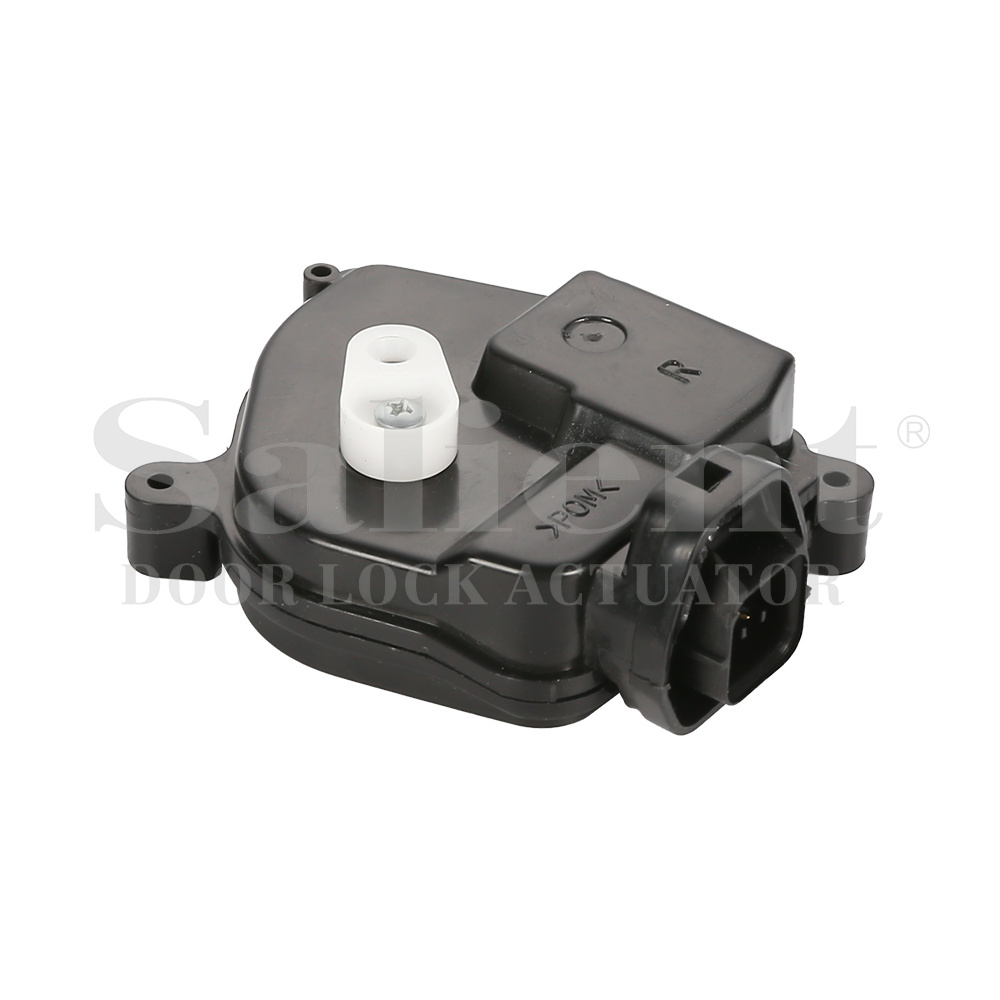
.jpg)
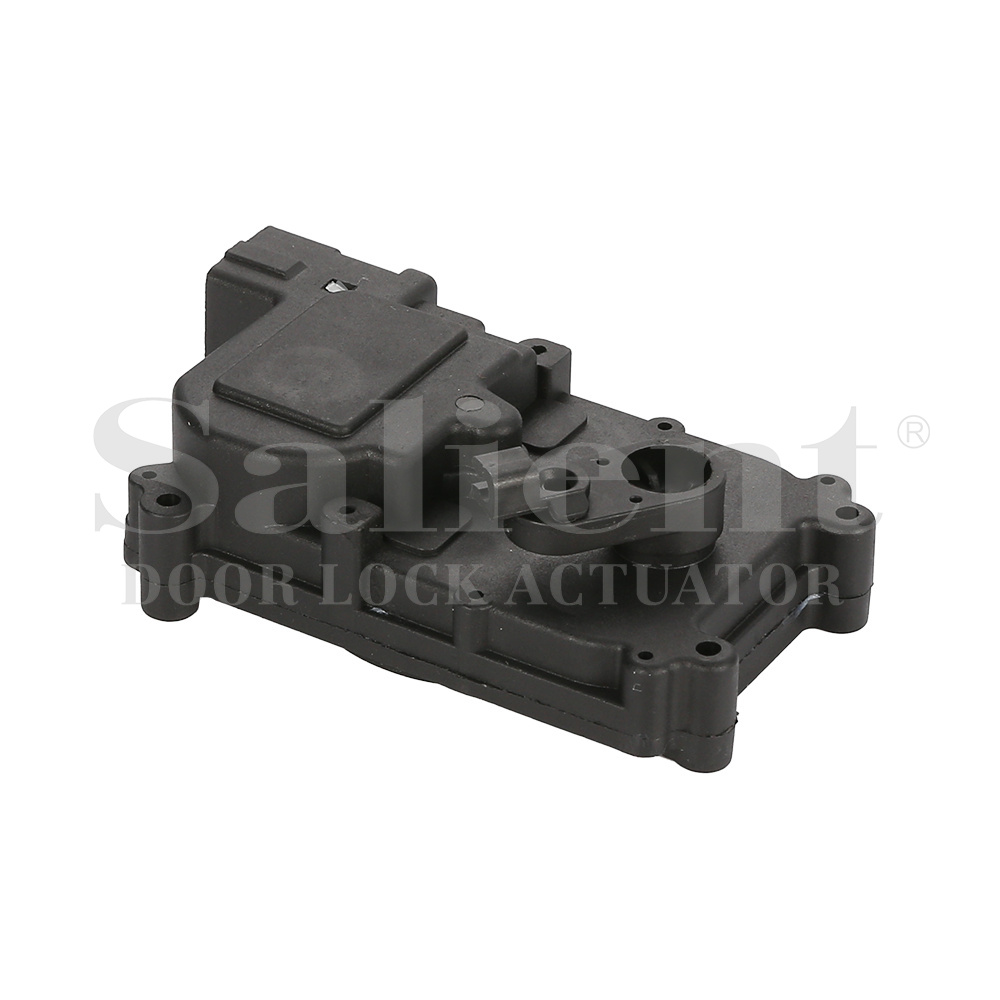
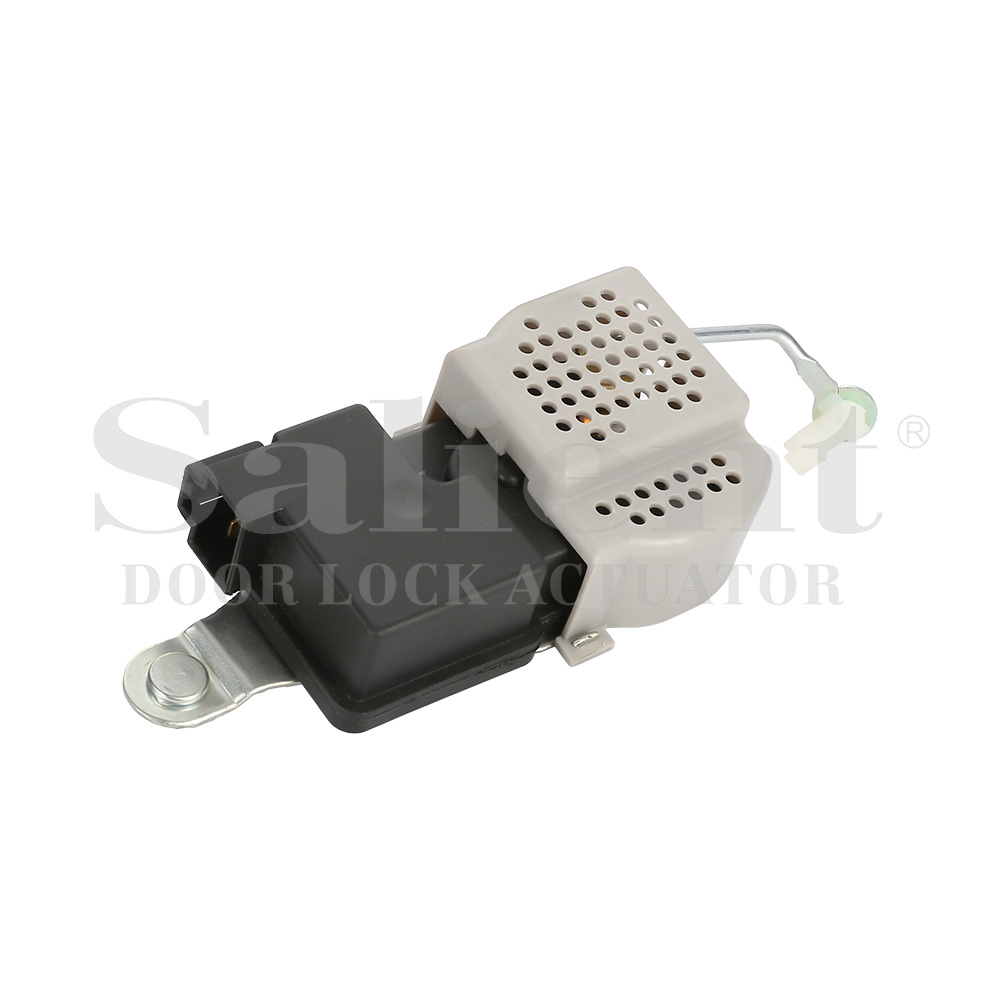
-1.jpg)
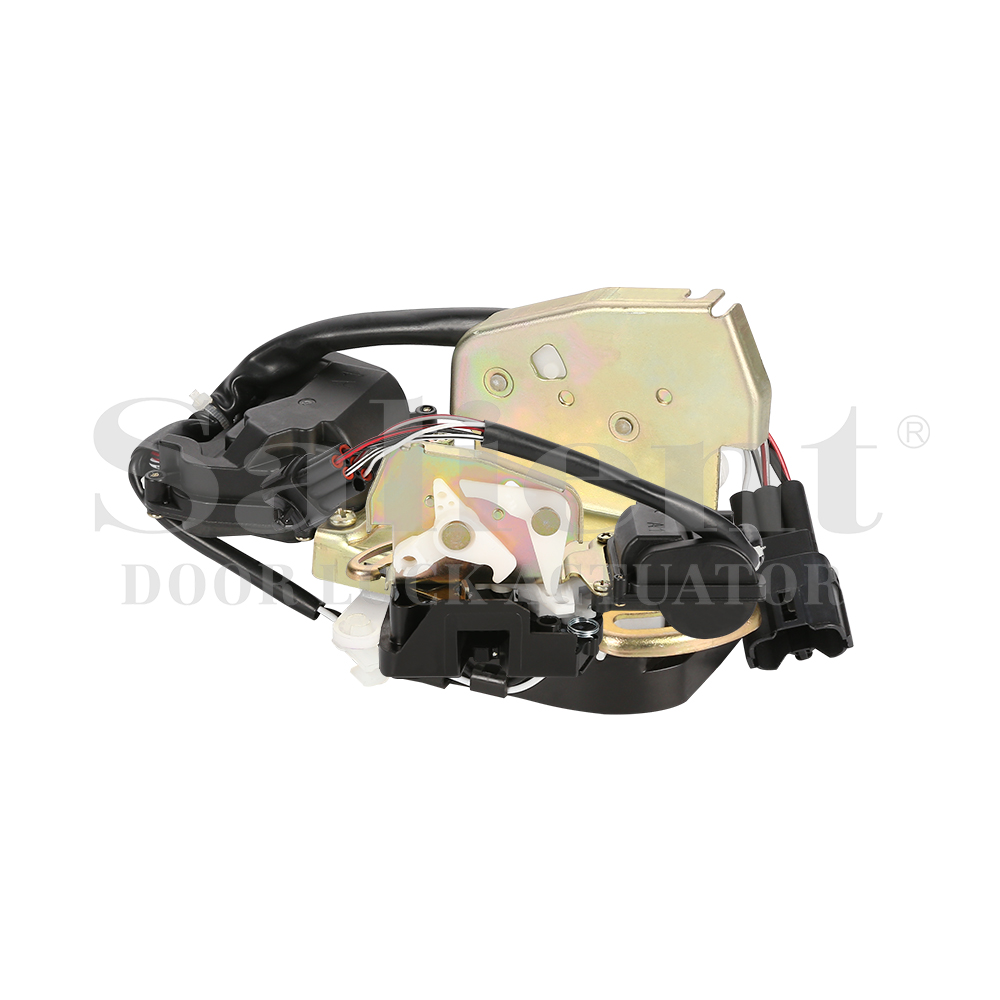
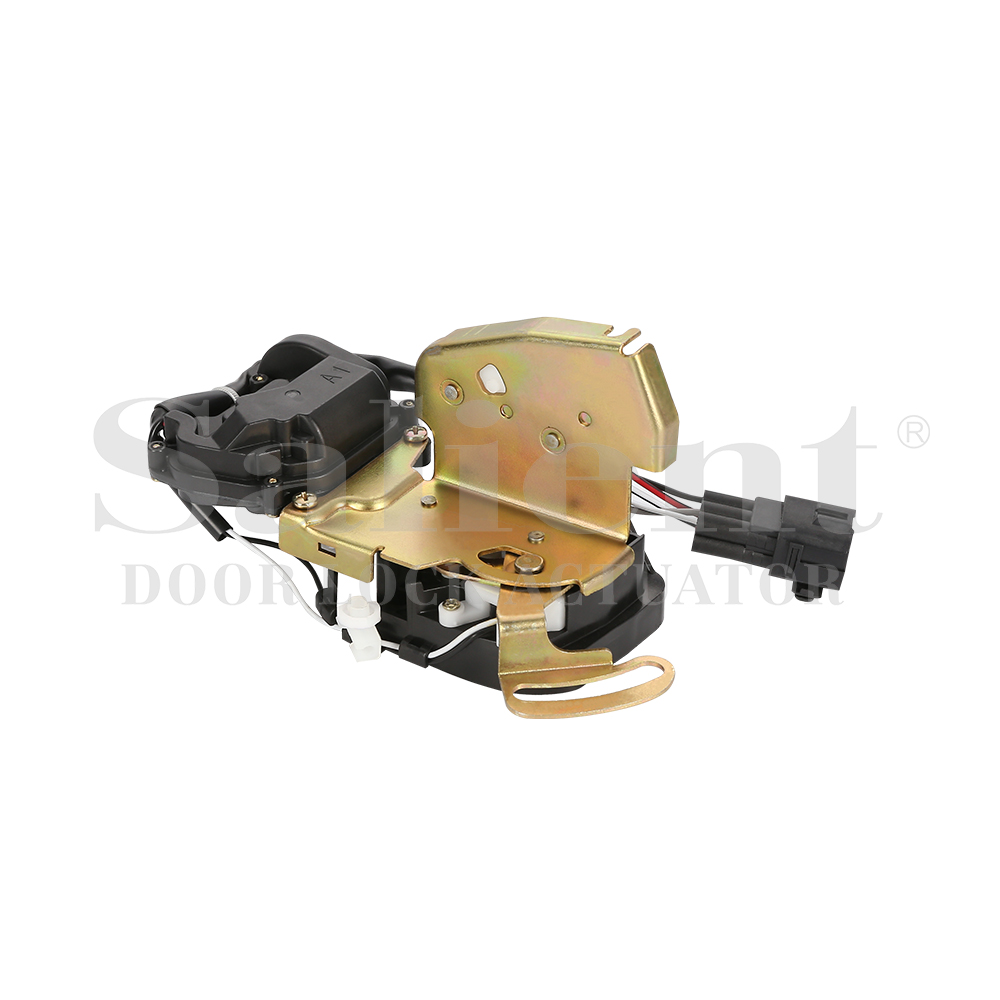

.jpg)
.jpg)
.jpg)
-1.jpg)

